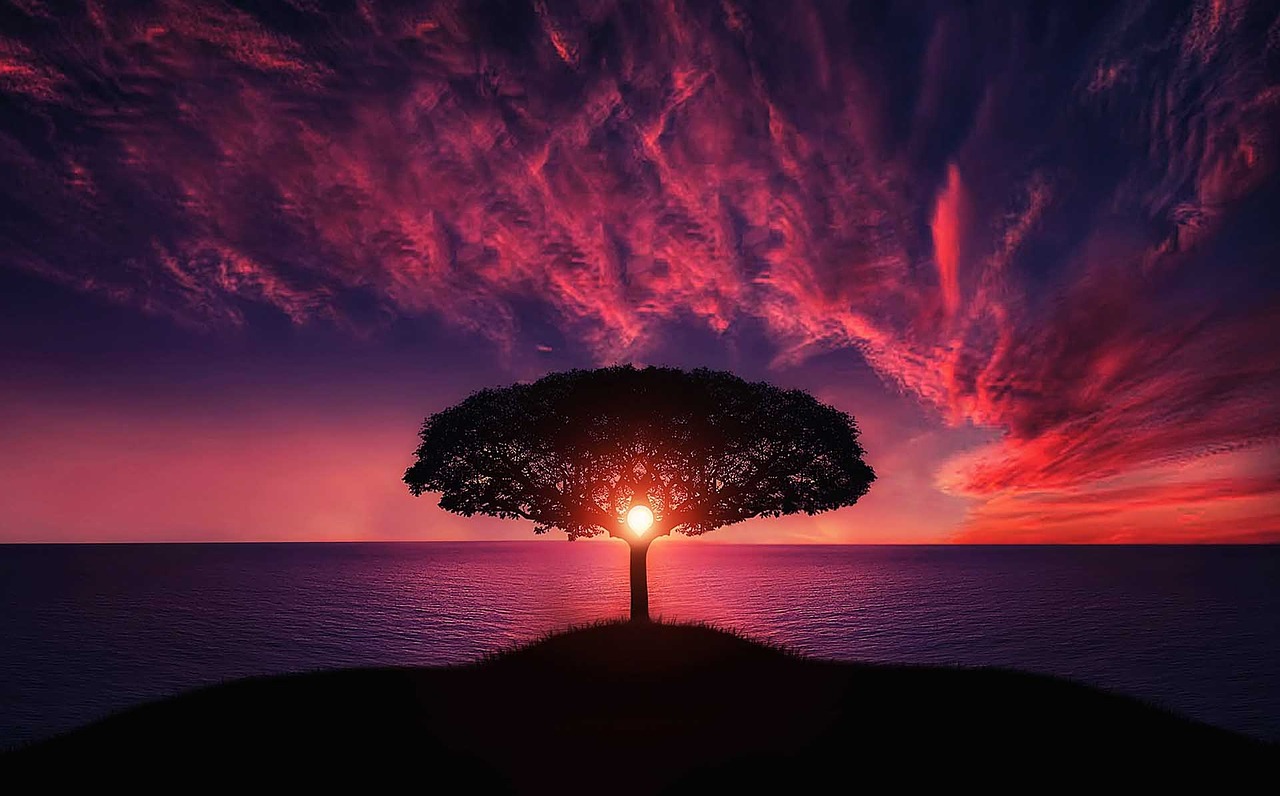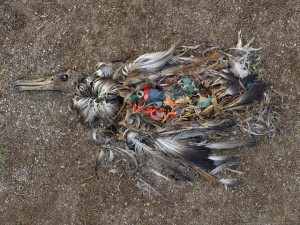
I once had a dream where I am transported into the future. I look around and I see a thriving Earth and a world at peace. And I think, elatedly, we did it! We humans did it! We made the transformation into the new consciousness!
As I walk around, I see a woman with the most interesting garb. It has a traditional feel, colorful, and somehow it conveys wholeness and wisdom.
Around her on the ground are seated several children and I realize she is their teacher.
The students are reading passages that they have written and one of them reads something that refers to or implies judgment.
The teacher gently explains to the child that in Eudomy, which is the name of the land where they live, there isn’t any judgment. I understand that she doesn’t mean we don’t do judgment because it’s bad. She means in Eudomy judgment simply doesn’t exist. It has no reality.Continue Reading

 We’ve had construction going on at our house since October and our first floor living space was in disarray until well into December. Consequently, I wasn’t able to get our holiday decorations up until a few days before Christmas, and I decided to leave them up for awhile to make up for lost time.
We’ve had construction going on at our house since October and our first floor living space was in disarray until well into December. Consequently, I wasn’t able to get our holiday decorations up until a few days before Christmas, and I decided to leave them up for awhile to make up for lost time.
